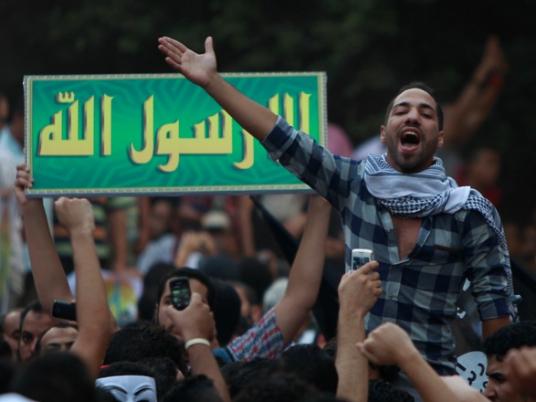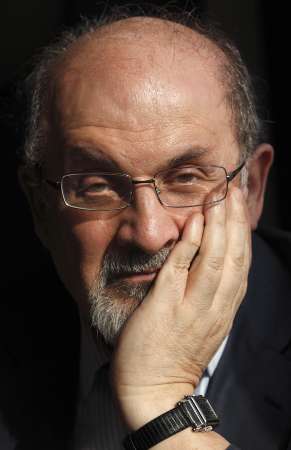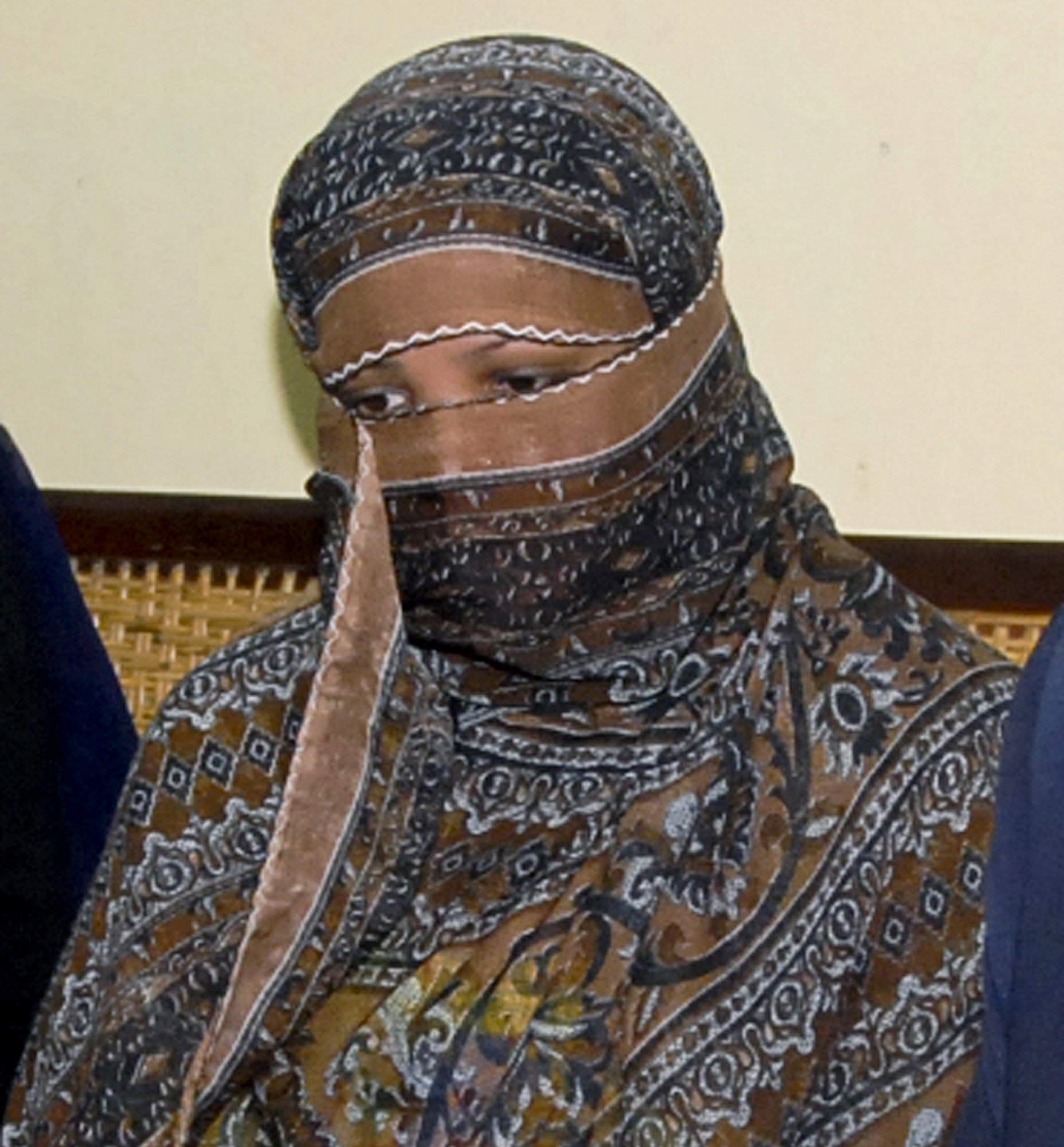
Egyptian prosecutors are bearing witness to a wave of blasphemy accusations following the production of "Innocence of Muslims," a movie released this summer, as two Coptic minors and a teacher are referred to prosecution on religious blasphemy charges.
Prosecutors referred Nabil Nady Rizk, 9 and Mina Nady Farag, 10, to a juvenile detention facility Tuesday night after they were accused of urinating on two copies of the Quran in a Beni Suef village, according to Isaq Ibrahim, a researcher at the Egyptian Initiative for Personal Rights.
The defiled Qurans were reportedly found by a sheikh near Ezbet Marko’s village mosque in the Upper Egyptian city. The sheikh then brought the kids to the local bishop and insisted someone else had incited them to desecrate the Qurans and throw them near the mosque.
Ibrahim told Egypt Independent that the sheikh filed a complaint accusing the two of blasphemy at Fashin Police Station. The two minors, who denied the accusations, are expected to stand before the prosecution for the second time on Sunday.
The incident came one day after a Coptic teacher was interrogated by the Assiut Prosecutor’s Office over accusations of blasphemy. Nevine al-Sayed, a preparatory school history teacher, was accused by one of her students of insulting the Prophet Mohamed while teaching a lesson about his life.
The teacher said that Prophet Mohamed was raised in a poor family, but according to the interrogation reports, the student said she described the Prophet as being “unfortunate,” a word that is very close to the word “poor” in Arabic.
Sayed was released pending investigations on Thursday and left her home in Assiut fearing a violent reaction from the student’s family.
“There have been more than 17 cases of religious blasphemy filed in front of the prosecution after the incident of the inflammatory movie against Prophet Mohamed,” Ibrahim said.
Insulting Islam and the prophet is considered a crime in Egypt under Article 98(f) of the Penal Code.
The article states, “Confinement for a period of not less than six months and not exceeding five years … shall be the penalty inflicted on whoever makes use of religion in propagating, either by words, in writing, or in any other means, extreme ideas for the purpose of inciting strife, ridiculing or insulting a heavenly religion or a sect following it, or damaging national unity.”
Human rights activists say the article poses a threat to freedom of expression and that it has been used to suppress dissident voices.
In related news, the Nasr City Misdemeanor Court adjourned the trial of owner of Al-Umma channel Sheikh Ahmed Mohamed Mahmoud Abdallah, known as Abu Islam, his son and a reporter at Al-Tahrir newspaper to 14 October. The three are charged with blasphemy after allegedly burning a Bible during protests against the film “Innocence of Muslims.”
The Arabic Network of Human Rights Information, in a statement released Wednesday, slammed the recurring crackdowns on freedom of expression through religious blasphemy charges, deeming them a “general inclination by the state to silence opponents.”
“Blasphemy charges need to be reconsidered; they should be replaced with articles against hate speech that is accompanied with inciting violence. These articles should not be used to try people’s ideas,” the group said.


